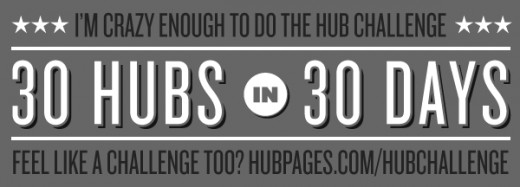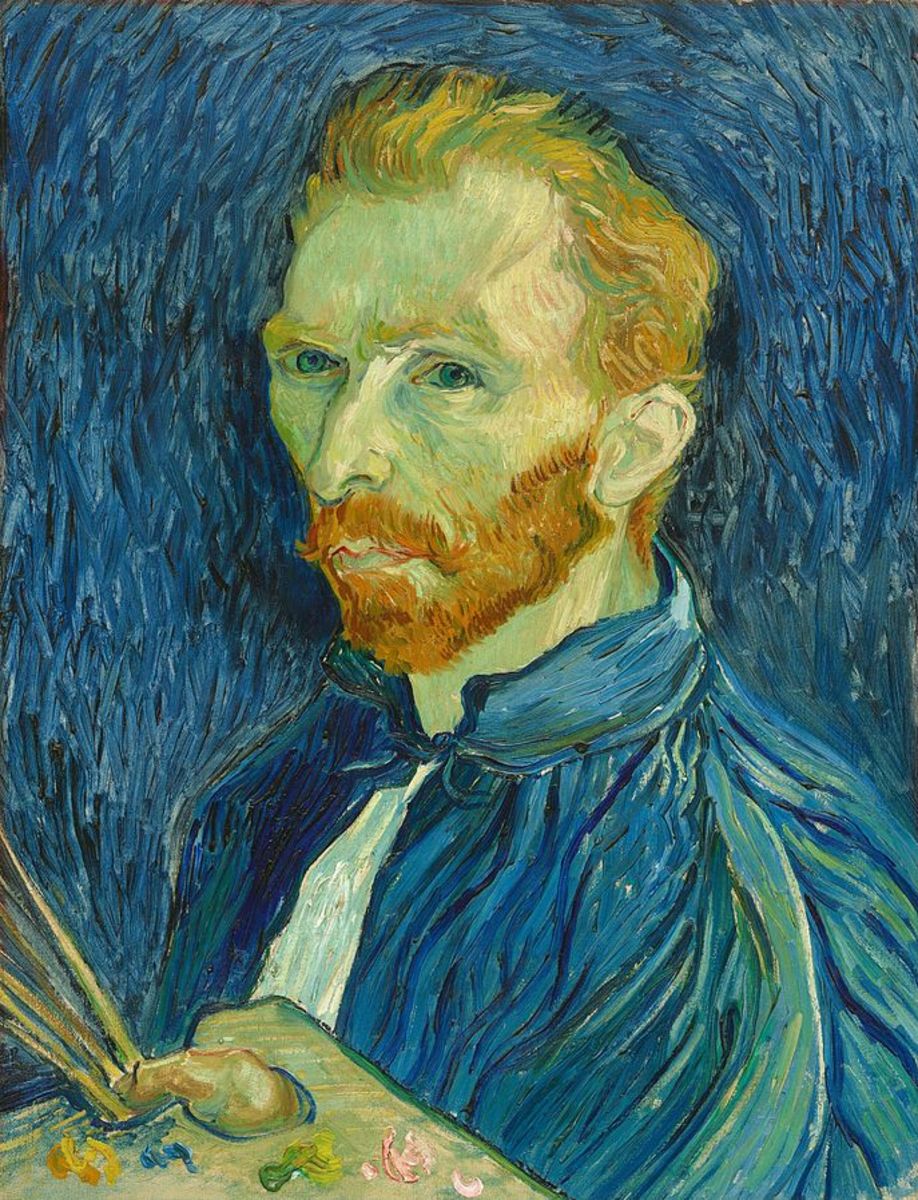Project Gutenberg
Have you ever remembered a book that you had or read in childhood, but that is no longer in print, and you can't find it anywhere? You've checked in libraries, online, and explored all the used book stores with absolutely no results.
Well, you just might find it online at Project Gutenberg. What is Project Gutenberg?, you ask.
Project Gutenberg is a volunteer effort to digitize, archive, and distribute cultural works.
The mission statements for the project are:
"Encourage the Creation and Distribution of eBooks"
"Help Break Down the Bars of Ignorance and Illiteracy"
"Give As Many eBooks to As Many People As Possible"
Origin of Project Gutenberg
The oldest and the original e-text project on the internet, the basis of Project Gutenberg was initiated in 1971 by Michael Hart, a professor at the University of Illinois.
Project Gutenberg is now the largest online source of e-books on the net,
providing access to anyone to free and legal public domain e-books or e-books
with the author's permission.
In 1971, Michael Hart was given an account of $100 million in computer time on the xerox Sigma V mainframe. Since this was the "early days" of computers, this was a windfall of computer time. What would he use it for?
He decided that the best use for this time would be storage, retrieval and searching of the contents of libraries, preserving them digitally for the future. He typed in the "Declaration of Independence", and sent it out to his network - the first electronic text.

During the 70's, he added some classic American texts, then the Bible and Shakespeare. In 1991, Project Gutenberg began to take its present form, with defined targets. Starting with one book entered a month in 1991, now over 400 are being added each month.
The day-to-day work of entering, proof-reading and production of the e-books is done by volunteers. They produce books and submit them to the posting team, who checks the text and posts them to the servers.
The Project's Premise
Michael Hart's premise in founding Project Gutenberg was that anything that can be entered into a computer can be reproduced indefinitely. Everyone can have a copy. The goal is to provide Public Domain books in e-text editions, available to the general public, as soon as possible after they have entered the Public Domain.
This would make information, books, and other text materials available to the general public for reading, research, quoting and any other desired use. It would also preserve the originality of the text, since public domain texts are no longer subject to copyright laws.
What is Public Domain?
Books and other texts enter the Public Domain after their copyright has expired. Every country sets the rules for this, and now, in the US, it would seem that any book published before 1923 is likely now in Public Domain.
Public domain works are considered to be cultural heritage; anybody is entitled to make use of them for any purpose, including copying, modifying and even selling them. It is even permissible to remove the original author's name and treat it as one's own work.

How are the E-books Formatted?
The books in the Gutenberg Library - over 28,000 of them - are formatted in plain ASCII, since it is a format that can be used by anyone, on any computer system.
Operating systems, hardware and programs change year after year, going the way of the dinosaur. The value of using Plain Vanilla ASCII is that without markup of a particular system or program, it can be accessed almost universally, and markup or conversion done by the user.
The Gutenberg Online Library
The Gutenberg Online Library has three parts:
- Light Literature; such as Alice in Wonderland, Through the Looking-Glass, Peter Pan, Aesop's Fables, etc.
- Heavy Literature; such as the Bible or other religious documents, Shakespeare, Moby Dick, Paradise Lost, etc.
- References; such as Roget's Thesaurus, almanacs, and a set of encyclopedia, dictionaries, etc.
The Light Literature collection is intended to get people to share the written books after they've been introduced to some version of it in another way - for example, watching a movie of Peter Pan or Hook, and then sharing the text between children, parents, or grandparents.
It's useful to look up quotations heard in movies, seen in other books or found somewhere else. It is also easier for people to shift into the Heavy Literature or References when they have already become familiar with the site.
Books are listed alphabetically in the online catalog, available at Project Gutenberg. They are free to download.
How Can I Help?
Donate money! This is an all-volunteer project, and doesn't have much of a budget, so even a little goes a long way. Read more about donating to Project Gutenberg.
Produce a text! Turn an old book into an immortal e-text. The Volunteers' FAQ tells you how.









